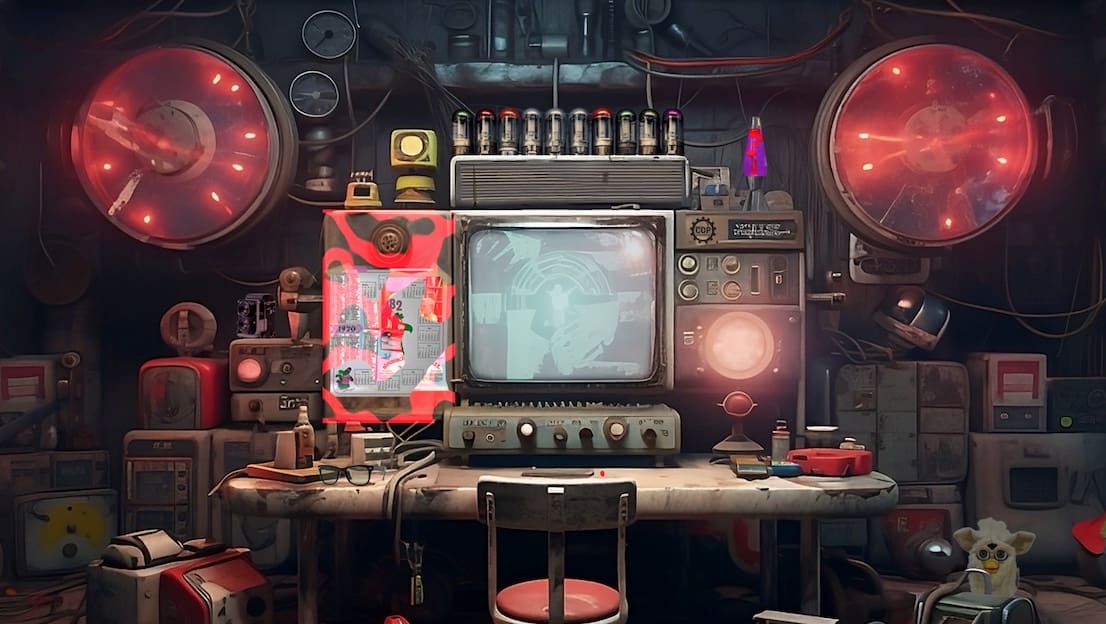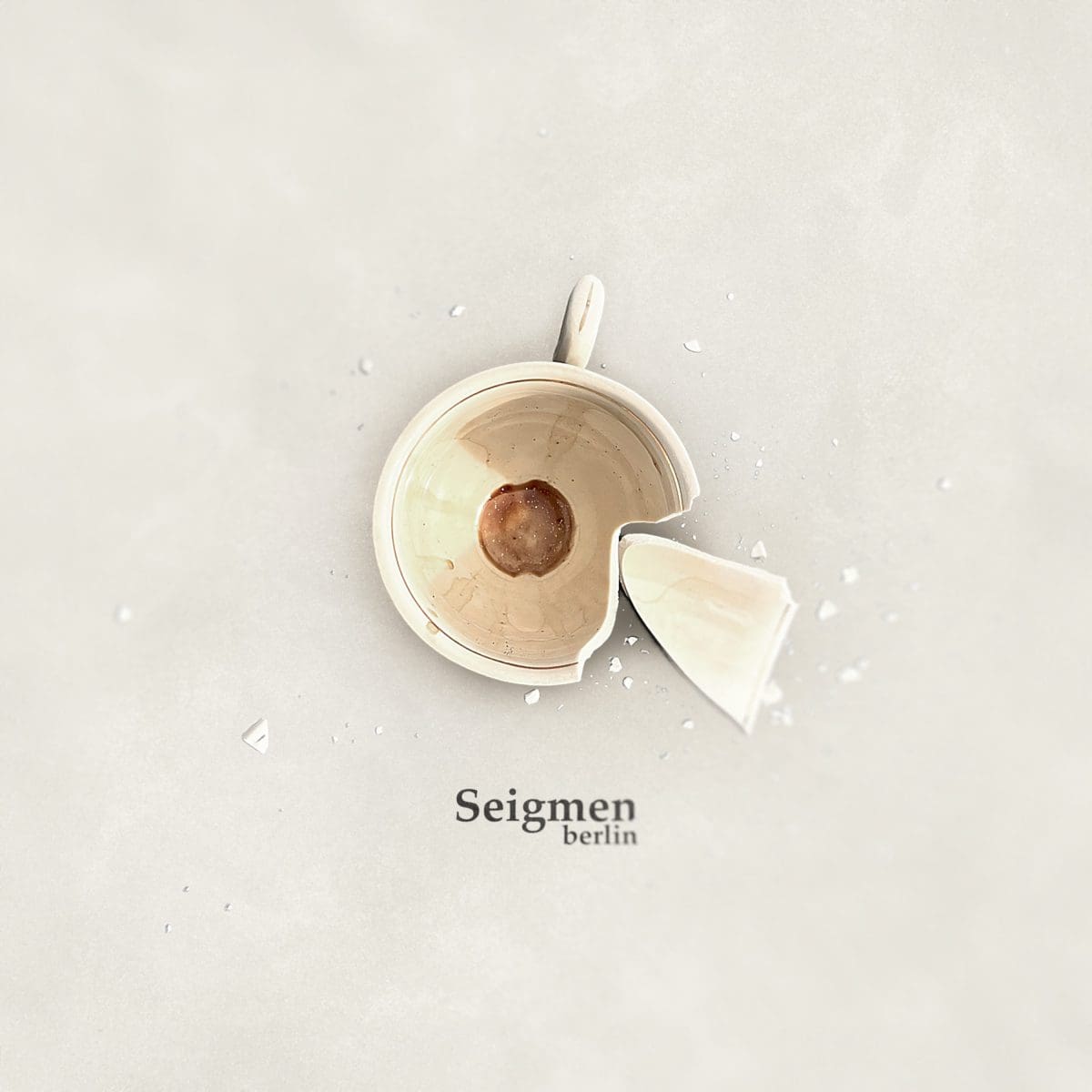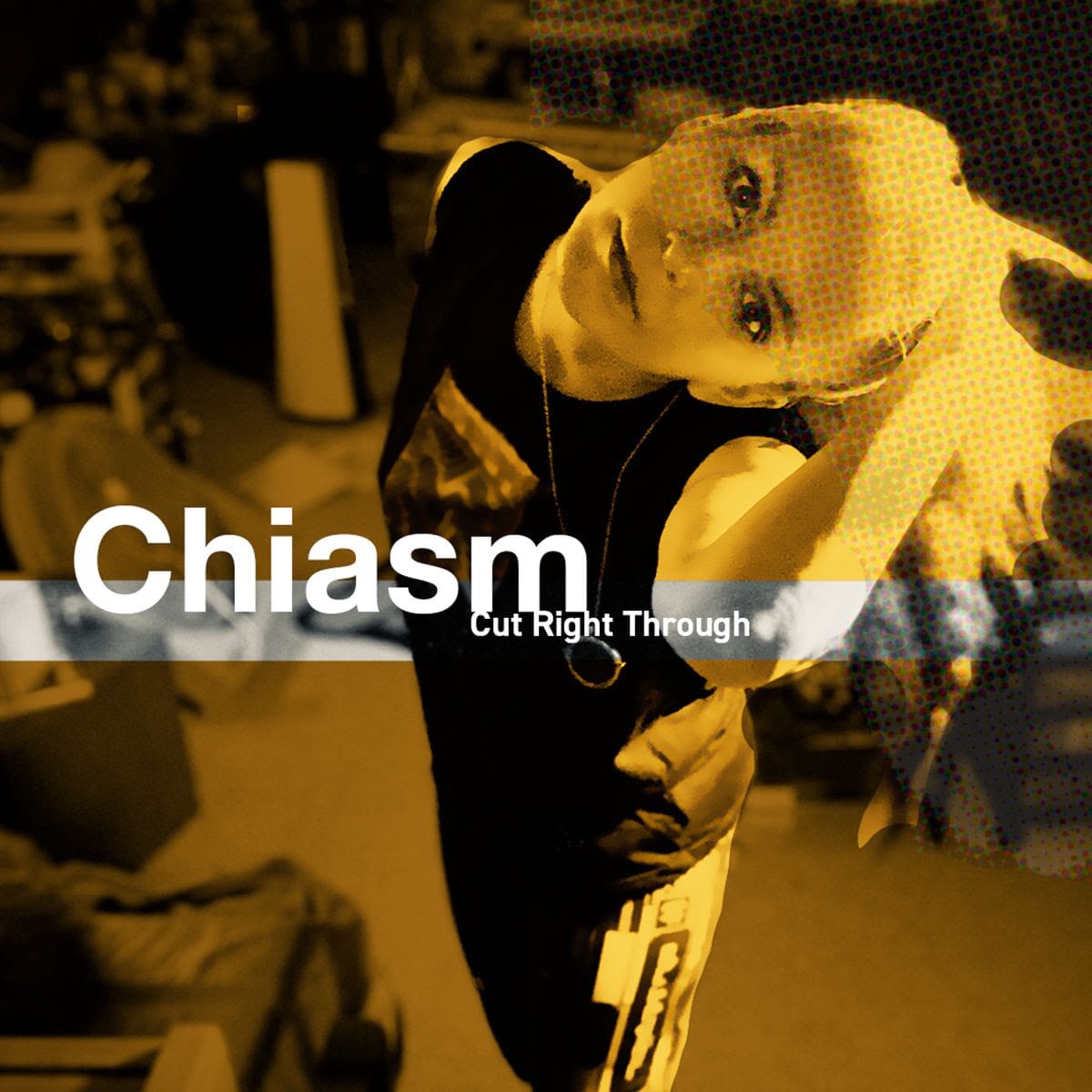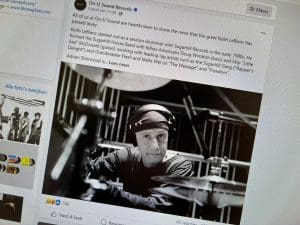‘Click Interview’ with Assemblage 23: ‘There Can Be A Lot Of Elitism, Especially In Electronic Music’
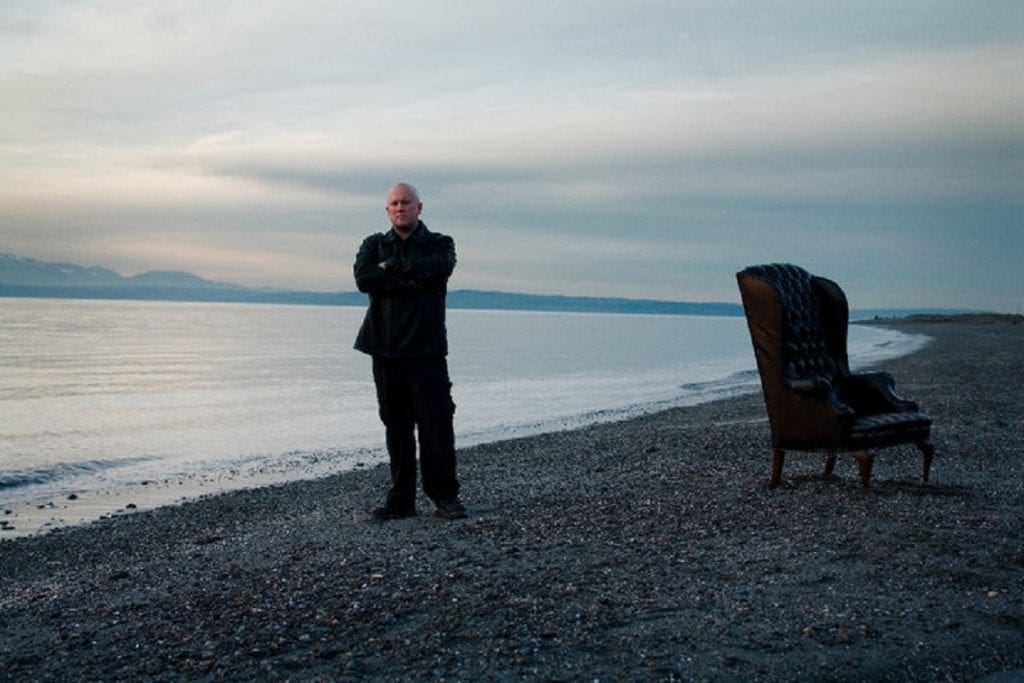

For more than twenty years now Tom Shear is bringing Electro heads to dance. ASSEMBLAGE 23 has released such an impressive number of essential songs and brilliant albums. ASSEMBLAGE 23 will be always linked to Future-Pop music nevertheless on recent productions the early influences are sometimes hard to find. The new full length “Mourn” released on Metropolis Records is a very personal and sensible work, mixing danceable vibes with pure melancholia. Time for an interview with this great and humble artist.
(Courtesy by Inferno Sound Diaries)
Q: “Mourn” not only sounds as your most intimate album to date, but it also feels as part of a very personal process struggling with depression, right? So the title seems to be appropriated, but how did the writing of the album helped you to chase your demons?
Tom: I’d wager that the reason most musicians (or creative types in general) are so driven to make music is because of the cathartic quality it has. It’s certainly always been that way for me and I feel very fortunate for that. But yeah, this album was inspired by a difficult period in my life where I just realized I needed to change a lot of stuff in my life if I was going to be happy. Change is difficult, but so is being miserable. The album was made after I had already made those changes, so in a sense, it’s a bit of a post-mortem, so I guess it was more helpful to me in digesting those major changes after the fact rather than getting through the difficult time itself. But all catharsis is valuable, I think.
Q: A friend musician of mine once told me ‘we musicians are lucky to get our music to transpose our feelings and thoughts into songs’. Is it something you recognize in the catharsis you’re talking about, but how does it happen? It’s easy to understand for the lyrics, but what about the music?
Tom: I don’t know how to describe it, actually! Music is just something I have to do every day. It’s a bit like an addiction. If I don’t get at least a little studio time every day, I start to get cranky and everything feels off. I guess it’s a bit of an escape. No matter what is going on in your life, you can lose yourself for a little while in the worlds you create with your music… It’s probably hard to explain to someone who isn’t a musician, but I bet any musician you talk to would say something similar. There’s something incredibly gratifying about the process of creating something from nothing.
Q: Can you give us more details about the writing process of “Mourn” and what have been the main chapters you’d to go through to finally achieve this work?
Tom: My general process is to keep a folder on my computer where I collect musical ideas as they come to me. When I have a bunch of them, I start to go through them and try to separate the ideas that have the most promise from the less inspiring ones. At that point, I start to flesh these initial seeds into a full song. Sometimes it doesn’t work and it gets abandoned, and sometimes it comes out great. Usually when I’m a good part of the way finished with the music, I’ll start on the lyrics. That’s the most difficult part, so I almost always put it off until last.
I will almost always have at least 2 or 3 songs I am working on at the same time so that if I get stuck on one, I can just start working on another one and stay productive.
Q: You’re now involved with Assemblage 23 for more than 20 years; you’ve released numerous successful albums and now struggled with personal troubles, but how much of the young Tom Shear do you still recognize in your work and global approach of making music today?
Tom: I’d like to think that the older Tom Shear is wiser and less naive than younger Tom Shear, but if you ask me another 20 years from now, I’ll probably chuckle at how far I still had to go. I think the passion for music has never changed, no matter my age, but the ability and confidence to do it has grown from those early days.
Q: Impossible today to make an interview without a question about the Covid-19 pandemic. I think there also is a new song dealing with the subject, but how do you as artist expect things evolving –considering aspects such as festivals, tours, labels and promo agencies ao?
Tom: That’s kind of the big unknown right now, isn’t it? I have no doubt that we will get through this pandemic and things will eventually get back to some semblance of normalcy, but I think the landscape is going to look a lot different by then, especially if this stretches late into 2021. The fact is, venues and promoters can’t hang on forever with no ability to pay their bills. We’ve already lost a lot of venues and I know some promoters who decided to pack it in.
When touring becomes possible to do safely and travel restrictions are lifted, everybody and their mother is going to want to tour. So we may have a situation where a lot of bands are fighting for opportunities to play in a landscape where there are less venues and promoters than there were before this whole thing started. I guess we’ll see. It’s been inspiring seeing bands adapt and do online performances, but if we’re being honest about it, it’s really not the same for the performer or the audience. We’re all itching to get out there and play live in a real venue on a real sound system in front of an audience that’s in the same room.
Q: You recently posted a real interesting quote at your Facebook page: ‘If you’re new to making music, pay no mind to the elitists. Whatever works best for making music for you is fine. No one listening to your song gives a shit if you made it in Garageband or ProTools, so neither should you. It’s not a dick-measuring contest, it’s about the song’. I think that’s an important message to young musicians, but what’s the deeper meaning and maybe experience(s) behind this quote?
Tom: There can be a lot of elitism, especially in electronic music, and it doesn’t really service any positive purpose. You can see it in any online music forum. I’ve lost count of the number of times I’ve seen someone get made fun of because they used Fruity Loops to make music. Or people scoffing because someone uses software synthesizers instead of a rack of vintage analog gear. And it’s all useless. Literally no one aside from the elitists themselves cares how you made your music. They care if your song makes them feel something -happiness, sadness, a desire to dance, etc. The tools you use to make music are not what matters. So long as it works for you, that’s all you should worry about. Let the elitists wring their hands over having the latest, greatest DAW or $3,000 synth. That’s why they rarely seem to have much finished music. Their focus is in the wrong place. A good song is a good song whether you recorded it through a $30,000 mixing console or on your phone in Garageband.
Since you’re here …
… we have a small favour to ask. More people are reading Side-Line Magazine than ever but advertising revenues across the media are falling fast. Unlike many news organisations, we haven’t put up a paywall – we want to keep our journalism as open as we can - and we refuse to add annoying advertising. So you can see why we need to ask for your help.
Side-Line’s independent journalism takes a lot of time, money and hard work to produce. But we do it because we want to push the artists we like and who are equally fighting to survive.
If everyone who reads our reporting, who likes it, helps fund it, our future would be much more secure. For as little as 5 US$, you can support Side-Line Magazine – and it only takes a minute. Thank you.
The donations are safely powered by Paypal.

